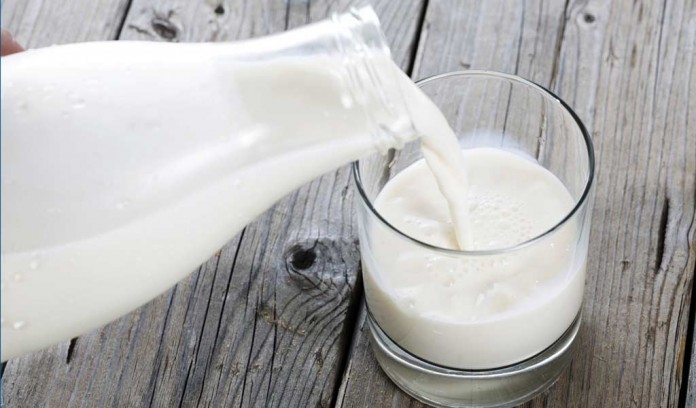Everyone has a few memories of a cold glass of milk. Especially dunking a chocolate chip cookie into that glass of milk. Milk is milk, right? Nature’s most perfect food? Today, though, because of scientific advancements, what was once thought of as clear-cut and simple, may not seem so anymore.
In recent years, scientists have studied the effects of different proteins in milk, specifically to see how protein variations affect different people. These trials have led to the development of A2 milk, a relatively new product that is still in the research stages, but one that is raising curiosity among consumers.
To dispel some of the myths and questions surrounding the product, Penn State Extension Dairy Educator Ginger Fenton offered research and data compiled throughout recent years.
Q. So, what is A2 milk?
A. Cow’s milk has two beta caseins, or proteins, that are responsible for providing amino acids to consumers. These proteins are known as “A1” and “A2”, and are naturally occurring in milk. A2 milk contains only the A2 variant, which is believed by some to reduce the effects of lactose intolerance compared to milk containing both caseins.
Q. How is A2 milk made?
A. The A1 and A2 protein variants both naturally occur in cow’s milk, but the combination of A1 and A2, or only one of the two depends on the cow. So, to produce milk containing only the A2 protein, selective breeding is used. To perform selective breeding, cattle are tested for the presence of A1 or A2, and are bred according to protein composition.
Q. What’s the difference between A1 and A2?
A. Essentially, there are few fundamental differences between the two caseins. But, some research conducted by the a2 Milk Company, Lincoln University and Curtin University claims that milk containing the A1 protein, which produces BCM-7 (bovine beta-casomorphin-7), may contribute to milk intolerance.
Q. What does the opposing view say?
A. Researcher A.S. Truswell has a different outlook on the A2 milk claim. In an article found in the European Journal of Clinical Nutrition, Truswell critiques the methods and conclusions derived from previous and ongoing research. He points out that though A1 caseins release BCM-7, they only do so in vitro, or by methods done in a controlled environment outside of a living person. To see how A1 truly reacts in humans, Truswell states, more research needs to be done in vivo, or in human trials.
Q. What are some of the claims?
A. According to the a2 Milk Company, the milk they sell is “the original milk,” which they claim is made the way nature intended. Many disputes to this claim say that since both the A1 and A2 proteins occur naturally, there is no reason to advertise A2 milk as the more “natural” of the two.
On the retail side, A2 milk is being marketed as a product that is easier to digest for those with lactose intolerance. But, researchers feel that more thorough research is necessary before the A2 milk claims can become facts.
Q. Should I buy it?
A. When it comes to buying a new product, Fenton suggests reading the claims with a critical eye. Do your research, and remember to look for factors such as trial sample size and where the research funding is coming from. The key, as with any new product, is to look past the marketing claims and get down to the hard science.










